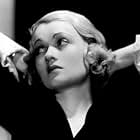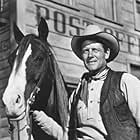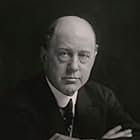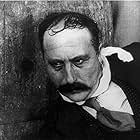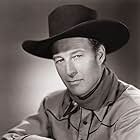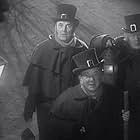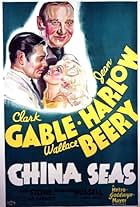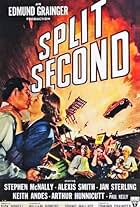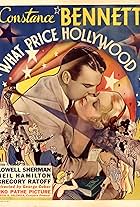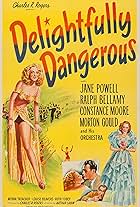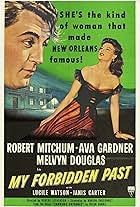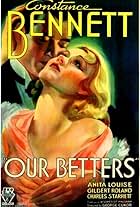A war officer who is thought dead returns to the woman he loves, only to find that she has remarried.A war officer who is thought dead returns to the woman he loves, only to find that she has remarried.A war officer who is thought dead returns to the woman he loves, only to find that she has remarried.
Daisy Belmore
- Tibbetts - Nurse
- (uncredited)
Billy Bevan
- Departing British Soldier
- (uncredited)
Edmund Breon
- Tom Kent
- (uncredited)
Eddy Chandler
- Captain Peters
- (uncredited)
Jay Eaton
- Dancing Doughboy
- (uncredited)
Bill Elliott
- Dancing Doughboy
- (uncredited)
Fred Esmelton
- Ponsonby's Butler
- (uncredited)
Mary Forbes
- The Duchess
- (uncredited)
Elizabeth Forrester
- Evelyn Kent
- (uncredited)
Robert Greig
- Hansom Cabby
- (uncredited)
Olaf Hytten
- Aide to Major General
- (uncredited)
Claude King
- Major General Visiting Hospital
- (uncredited)
Storyline
Did you know
- TriviaThe first of four films co-starring Constance Bennett with Joel McCrea, the other three being The Common Law (1931), Rockabye (1932), and Bed of Roses (1933).
- GoofsIn an early sequence set in 1918, Constance Bennett is shown playing a phonograph record on the Victor label--but the label is the "scroll design" Victor didn't use until 1925.
- Crazy creditsDebut of actress Eily Malyon.
Featured review
Not uninteresting pre-Code soap suds, wherein Yankee nurse Bennett, in London (nice historical touch: a bus advertising "Chu Chin Chow") meets Captain Joel McCrea, they have a torrid romance and pledge their troth, and while carrying his child she hears he's dead. We know he's not--he's second-billed, and there's an hour to go--but she thinks he is, so she marries Paul Cavanagh on the rebound and we wait for the fireworks that will erupt when McCrea returns. Connie's histrionic- -she gets to love, yell, sob, scream, and put on a phony British accent, even though she's playing American--and Paul Stein's camera likes to linger on her overemoting. But Joel McCrea was certainly the personification of solid masculine American values circa 1918 or 1931, and his sincere underplaying nicely complements her overplaying. The screenplay doesn't hate her for having a child out of wedlock, and the happy ending isn't that happy. So, by 1931 standards, it's an adult movie. Just not a very good one.
Details
Box office
- Budget
- $338,000 (estimated)
- Runtime1 hour 21 minutes
- Color
Contribute to this page
Suggest an edit or add missing content










